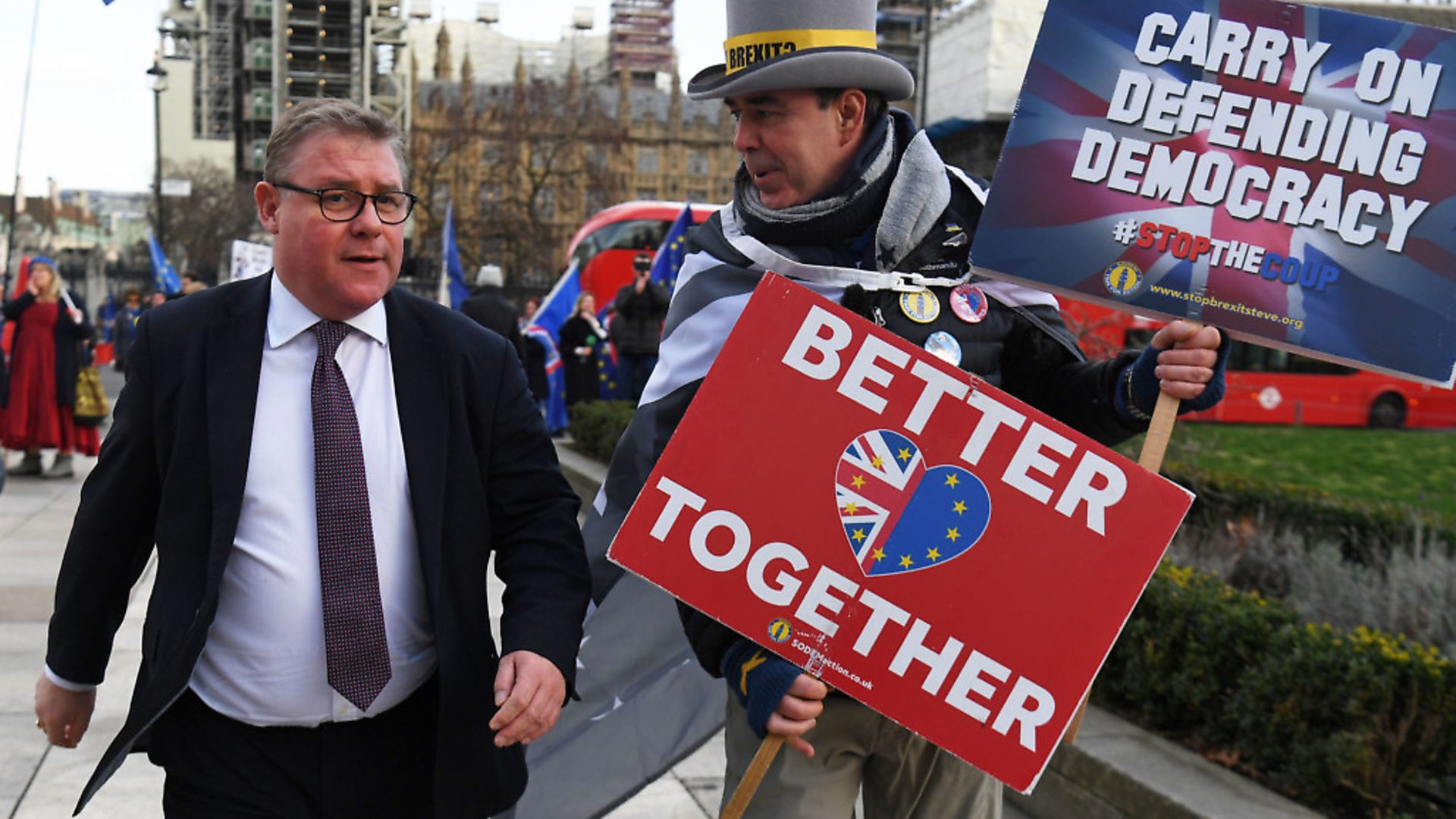
The two sides of the Brexit debate – both Brexiteers and Remainers – have more in common than what they disagree on, a new study has found.
Researchers from the Universities of Bath and Essex found that 90% of the time the two groups agree on important topics including poverty, climate change, housing, life satisfaction and the importance of communities.
Even on subjects viewed as the most divisive – such as attitudes to immigration and national identity – they showed more than 50% similarity.
With responses from more than 1,700 people who completed online questionnaires, the findings point to high similarities across fundamental values such as security, tradition, helpfulness and freedom.
The team behind the study hope that the results can help recast the long-standing debate that has played out between the two camps by offering a more nuanced and realistic picture for most people in society.
Lead researcher Dr Paul Hanel, from the University of Essex, said: “It has been claimed the EU referendum of June 2016 revealed a divided, rather than a United Kingdom, with growing tensions among those who voted ‘Leave’ and those who voted ‘Remain’.
“Previous research has concentrated on the differences between the two sides, but our study shows that in fact there is more to unite them than divide them.”
The research also assessed whether presenting a more balanced picture that highlights similarities instead could improve social cohesion.
The team found support for the idea that accentuating such similarities can encourage Brexiteers and Remainers to get along better.
Co-author Dr Lukas Wolf, from the University of Bath, said: “Many people seem to be worried about an increasingly fractious society and therefore it is encouraging to see that people are actually quite similar.
“Realising that fact seems to have a positive effect on bringing people together again.”









